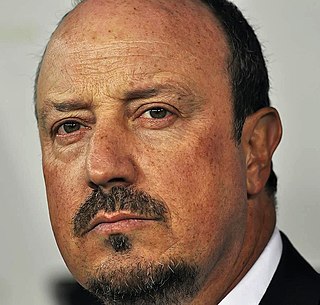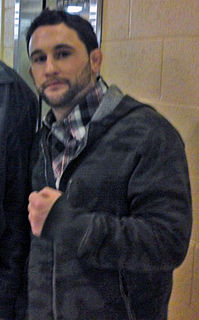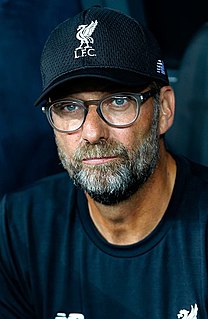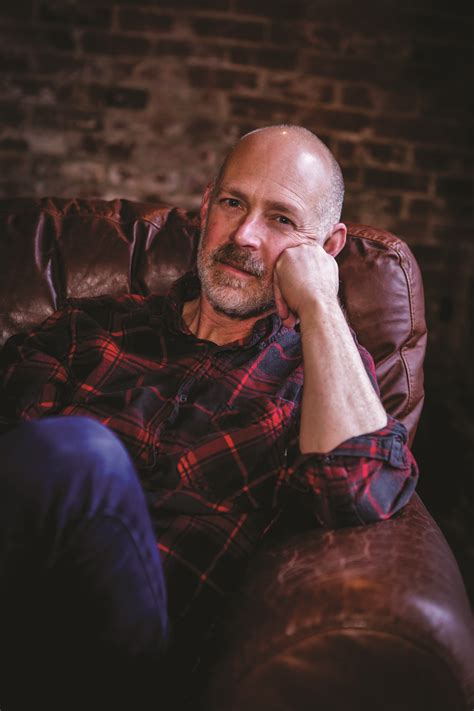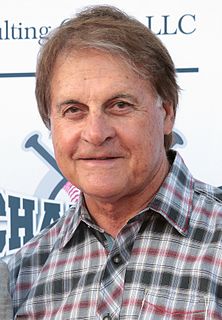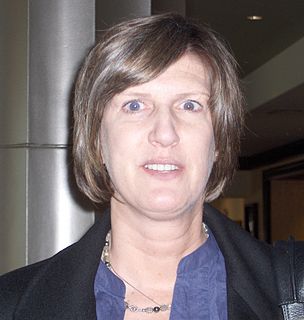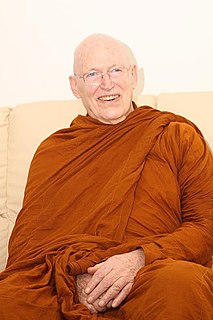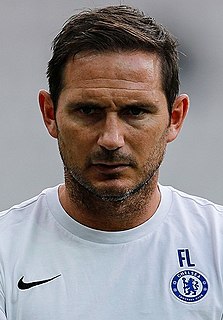A Quote by Rafael Benitez
I have been doing this for a long ,and it is the players who learn who you need to work with. You have to coach them to think and understand the game. If they cannot, then you have to tell them, 'You have to do this anyway,' but the best thing to do is say, 'Listen, if he is doing this, then maybe you have to do that.'
Related Quotes
I think the worst thing we can do is to concede to fanaticism its devotion, say. Well, you have to understand, these people are really fanatics, so we should back down from them. I think if journalists start doing that then they won't be practicing journalism. If satirists start doing that then they won't be practicing satire.
When I was a boy, I would read those postcards and know exactly why my father was doing what he was doing: he was taking a stab at greatness, that is, if greatness is simply another word for doing something different from what you were already doing--or maybe greatness is the thing we want to have so that other people will want to have us, or maybe greatness is merely the grail for our unhappy, striving selves, the thing we think we need but don't and can't get anyway.
I think the best work of the director is to listen to what all the technicians around him have to say, but then the thing is to take the best decision, what you think is the best. Then, that is the moment where you have to have all the film in your head and imagine how all of that will fit together.
It takes a number of different skill sets, I think, to try and be a good producer. You have to be very creative, but you also have to be incredibly financially minded. I jokingly say the job is kind of part cheerleader and part dictator. It is both of those things, because you have to make sure that people are doing what they need to be doing, but creatively you really need to be helping each person in every job across the crew. Cheering them on, keeping them inspired into doing their best work, and you have the director's vision in the forefront.
If you have the abilities to earn a lot of money and if you have the character to persist in giving that to the most effective charities you can find, then that may be the best thing that you can do. And - also, if you do become a Wall Street banker, I think you need to be aware of what you're doing in terms of your daily work, not just earning money to give a lot away. But you need to think about - am I harming people through the work that I'm doing?
Nothing is better for my playing than teaching because when you teach, you have to think and you have to listen what other people do. And then all of a sudden, you play yourself and then you say, my goodness, I don't need a teacher. I'm my own teacher. Then I can react to what I'm doing immediately. It really improves.
There's that talent thing where I can score goals, and there's also that want and ambition to keep doing it and doing it and doing it. I've seen a lot of players do it for a year and then they rest on their laurels, but I've been very driven throughout my career. Without being the most talented, I think I've tried to make the most of it.
